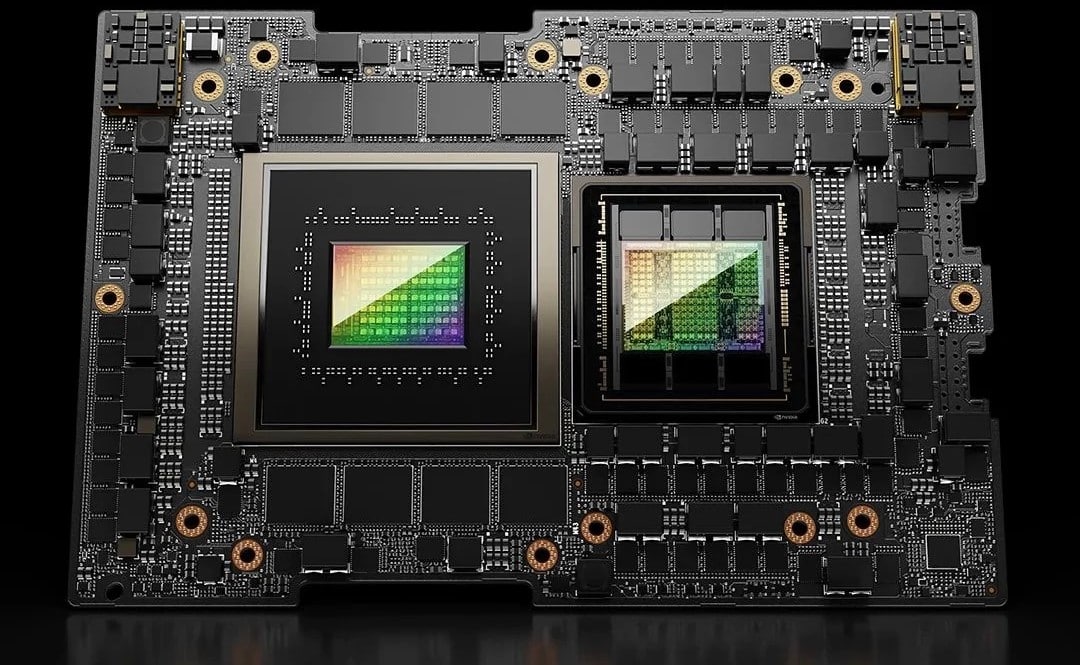More Manufacturers Moving to AI, with Europe Leading the Way
By AI Trends Staff AI is being implemented among manufacturers at an increasing rate, with more participation in Europe and Japan than the US. Some 51% of European manufacturers are implementing AI solutions, compared to 30% in Japan and 28% in the US, according to recent research from CapGemini. “AI in manufacturing is a game-changer,” state the report’s authors, led […]


By AI Trends Staff
AI is being implemented among manufacturers at an increasing rate, with more participation in Europe and Japan than the US. Some 51% of European manufacturers are implementing AI solutions, compared to 30% in Japan and 28% in the US, according to recent research from CapGemini.
“AI in manufacturing is a game-changer,” state the report’s authors, led by Pascal Brosset, the global CTO and North American leader for Capgemini’s Digital Manufacturing Services. The research team surveyed 300 global manufacturers from automotive, industrial manufacturing, consumer products and aerospace and defense, to understand the focus of their AI initiatives. They also analyzed 22 AI use cases in manufacturing operations spread across seven functional areas.
In Europe, Germany is leading the way with 69% of its manufacturers implementing AI. Three types of use cases stand out for their suitability for starting out a manufacturer’s journey: intelligent maintenance, product quality control and demand planning.
“These use cases have an optimal combination of several characteristics that make them an ideal place to start,” the authors state. These include: clear business value/benefits, relative ease of implementation, availability of data, available AI expertise or existing solutions, and explainability, so that employees understand how decisions are reached.
Top 12 AI Applications in Manufacturing Identified
With AI in manufacturing getting more popular; the top 12 AI applications in manufacturing were identified in an account from AIMultiple, an analyst firm focused on aggregating public and private data on AI solutions to help customers make selections.

“This popularity is driven by the fact that manufacturing data is a good fit for AI/machine learning. Manufacturing is full of analytical data which is easier for machines to analyze,” stated the account from Cem Dilmegani, who founded AIMultiple in 2017. He is also the chief commercial officer of Hypatos, a deep learning technology company based in Berlin. He also worked as a consultant for McKinsey and Co.
“Hundreds of variables impact the production process and while these are very hard to analyze for humans, machine learning models can easily predict the impact of individual variables in such complex situations,” he stated. “In other industries involving language or emotions, machines are still operating at below human capabilities, slowing down their adoption.”
Pandemic-related shutdowns also encouraged manufacturers to look to AI to increase automation, he suggested.
Among the top AI applications in manufacturing he listed forecasting of raw material pricing. Startup Kantify of Brussels offers software to help; the company worked with a petrochemical company to predict the price of a material three months in advance with an accuracy of 97%, according to a use case on its website.
Another top application is the use of AI in quality assurance, such as on an assembly line to maintain the desired level of quality, which is based on a set of parameters and algorithms to produce the best possible products. AI systems with machine vision technology can detect the differences from expected outputs, by spying visible defects. Alerts then trigger so that users can make adjustments.
AI can also be applied to help automate testing. An example product for doing so is Infosys Pandit, which relies on machine learning to optimize testing scenarios and automate testing. The company is pursuing a strategy that applies AI to QA beyond test optimization and prediction of failure, to prevention through autonomous technologies, according to its website.
Truck-Builder Oshkosh Has Committed to AI and Digital Automation
American auto manufacturer Oshkosh Corp. of Wisconsin, builder of specialty trucks for over a century, has for the past several years committed to using AI and data to help drive decision-making.

“We are focusing on developing predictive models for our businesses and functional areas,” stated Anupam Khare, Oshkosh’s senior vice president and CIO, in a recent account in CIO. “In the last 18 months, we have developed roughly 35 analytic models.”
Oshkosh operates 147 manufacturing facilities in 22 countries and sells its equipment and vehicles in more than 150 countries. Khare joined the company in 2018 to oversee its digital transformation.
Early on, he hired Marina Pashkevich-Zayed as vice president of advanced analytics and artificial intelligence. She had worked at IBM as a machine learning practice leader, at AT&T, SAS and Sprint. The goal was to focus on digital manufacturing, advanced analytics, and robotic process automation (RPA). Since her hire, the company has built out a team of data scientists, data engineers, and data architects.
“We have been very lucky to hire great people in the Wisconsin area, which is not easy,” Khare stated. “We have built the most diverse team. We also have two or three people whom we have trained internally, and they have also joined the data science team.”
An early effort was to use robotic process automation (RPA) to connect key applications and the ERP system, in order to automate the entire process. From there, Oshkosh has focused on building out predictive capabilities that help it forecast margins on orders and customers, decide where to bid for new business, and optimize its supply chain.
A more recent project, the Digitized Buying Experience, uses advanced analytic models integrated with a configuration tool. The system is used to predict material and labor costs based on the unique configuration of a truck, in order to give customers more accurate and timely quotes.
“Advanced analytics has now become a CEO goal, and I review the progress with the board every year,” Khare stated. The team does a joint review of analytics projects with the business units once a quarter.
Read the source articles and information in research from CapGemini, in an account from AIMultiple and in CIO.





































